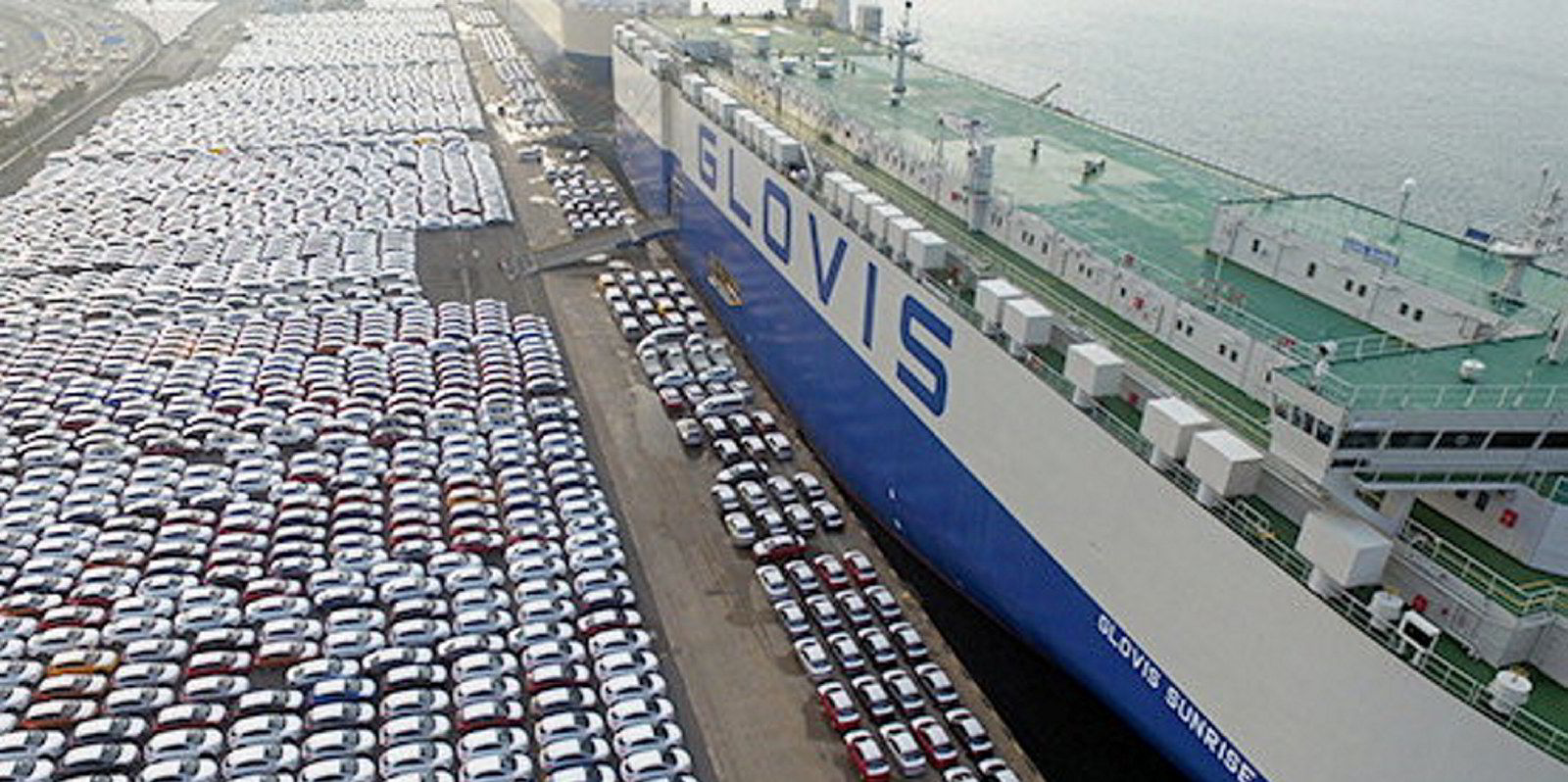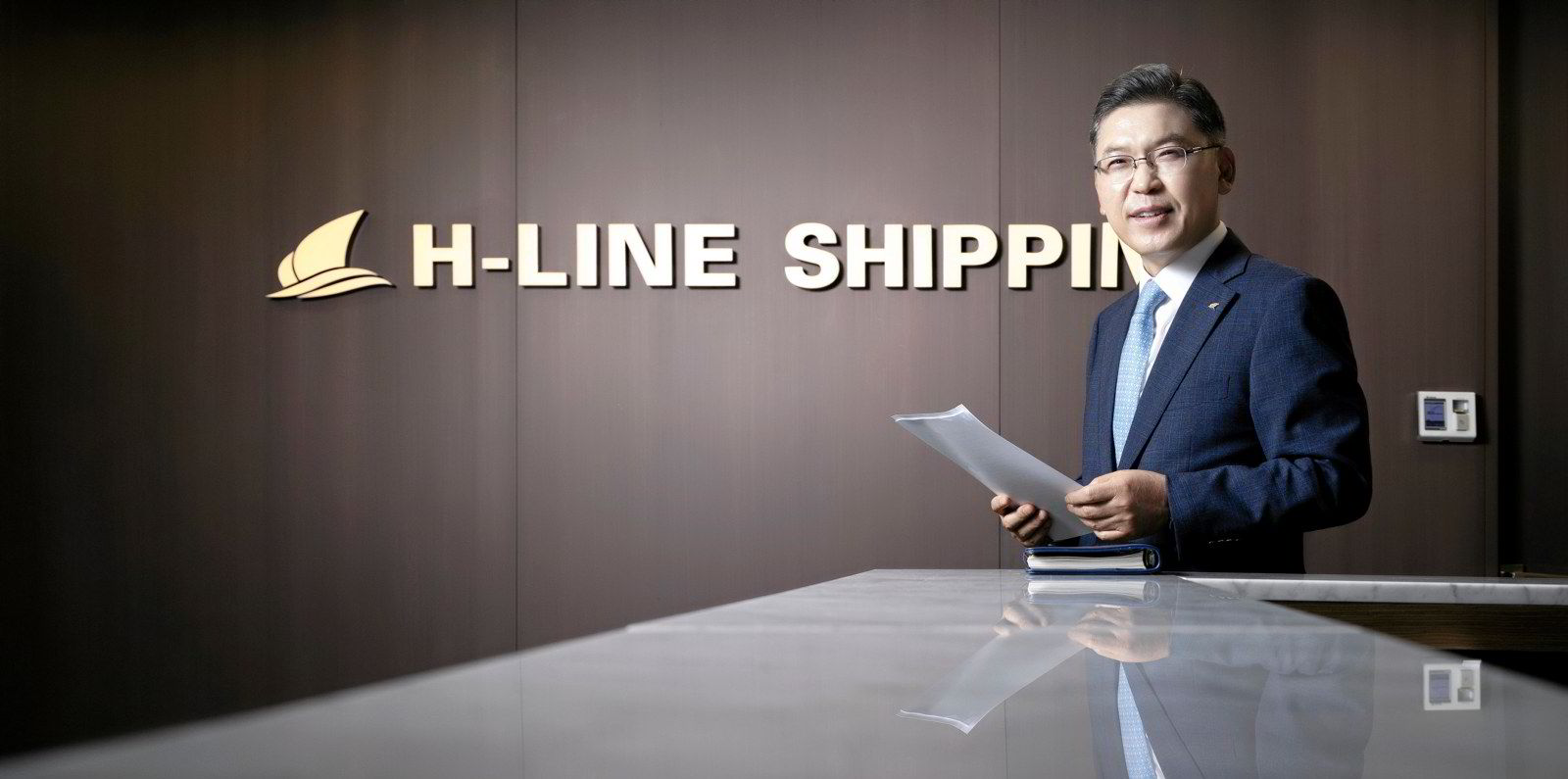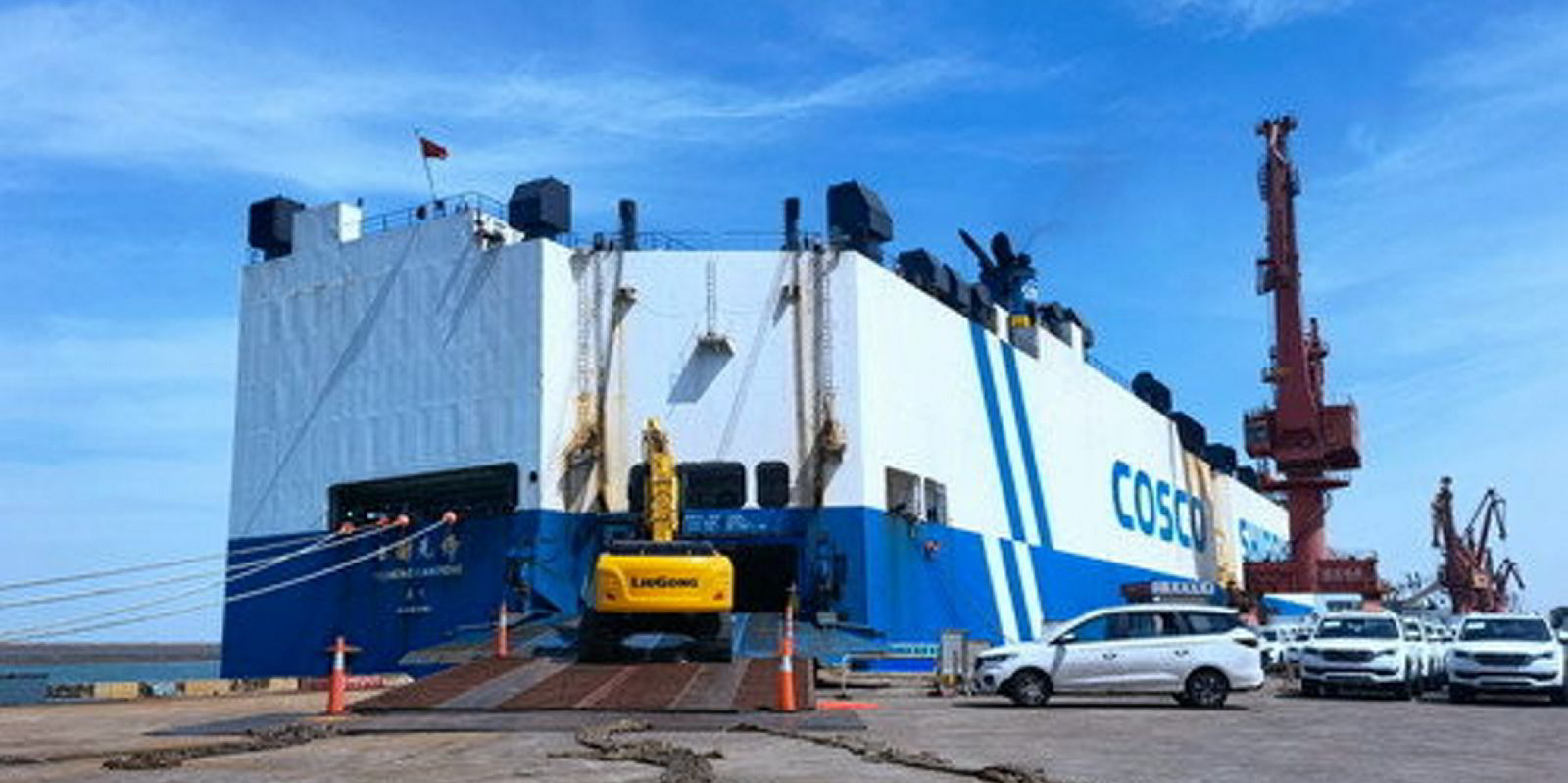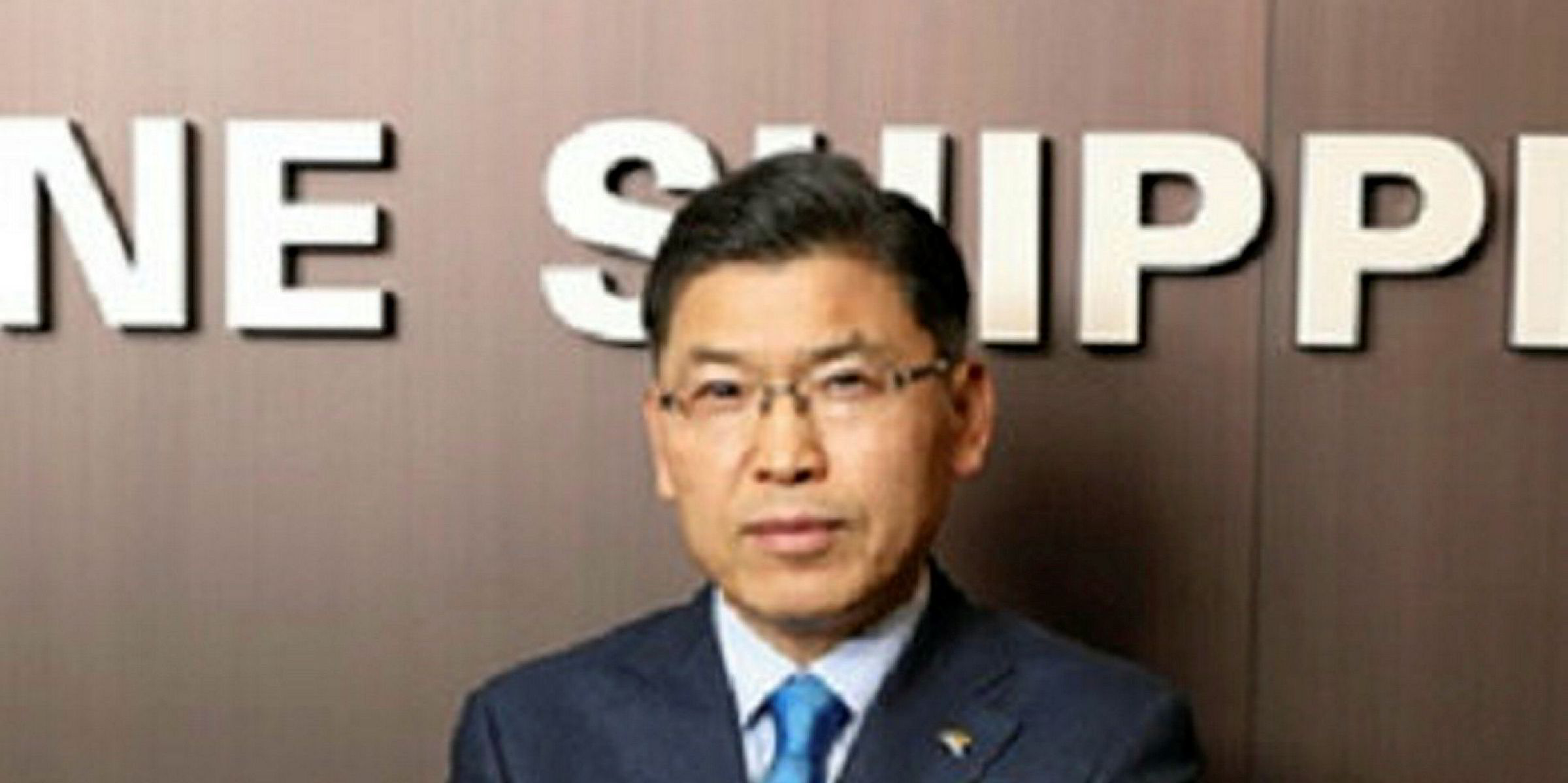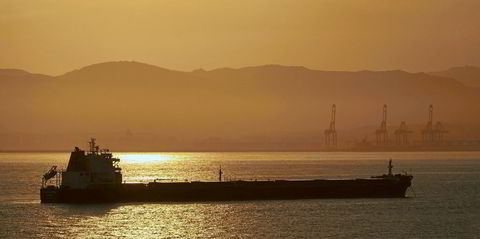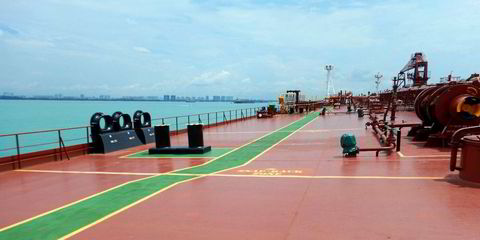H-Line Shipping of South Korea has returned to Guangzhou Shipyard International (GSI) for three more LNG dual-fuelled pure car/truck carrier (PCTC) newbuildings. The latest contract brings the total number of new ships that it has on order at the Chinese shipyard to seven.
Shipping sources familiar with the deal said the latest three newbuildings that H-Line booked at GSI are larger than the earlier four 7,000-ceu vessels that it ordered.
“These are 8,600-ceu ships,” said the shipping source.
Officials at H-Line declined to comment on the company’s newbuildings orderbook while GSI was not available for comment as China is closed for national day celebrations.
It is not known how much H-Line is paying for the 8,600-ceu newbuildings but brokers think the ships will cost the company close to $100m per ship.
“The continued strong demand for new PCTCs and hike in shipbuilding materials and labour costs are pushing up the price of car-carrier newbuildings,” said one broker.
If it is true that the order of the three 8,600-ceu newbuildings is about $300m, the contract lifts H-Line’s total spending on PCTC newbuildings to about $650m. The company’s earlier 7,000-ceu ships were said to cost about $85m apiece.
Sources said all the seven PCTC newbuildings that H-Line has ordered at GSI were backed by long-term charter contracts from South Korean car-carrier owner and operator Hyundai Glovis.
The details of the charter contract were not disclosed but sources believed the charter period is for more than 10 years.
GSI is scheduled to deliver the PCTC newbuildings between 2024 and 2025.
Besides the PCTC newbuildings on order at GSI, H-Line also has three LNG dual-fuelled 210,000-dwt newcastlemax bulk carriers under construction at China’s Qingdao Beihai Shipbuilding Heavy Industry and eight LNG carriers on order at South Korean shipyards.
The company’s newcastlemax bulkers were ordered last year against at least five-year charter contracts from mining giant Rio Tinto. The LNG dual-fuelled vessels are due to roll out of the drydock in 2023.
As for the LNG carrier newbuildings, SIN shows it has seven 174,000-cbm newbuildings booked at Samsung Heavy Industries and one similar size newbuilding on order at Hyundai Samho Heavy Industries.
It will be taking delivery of the single LNG ship from Hyundai Samho in November 2023 and the seven newbuildings from Samsung between 2025 and 2026.
H-Line was founded in 2014 when South Korean private equity firm Hahn & Co paid Hanjin Shipping KRW 300bn ($208m) for 78% of its bulk shipping business, including seven LNG carriers.
Hahn & Co further invested KRW 100bn to allow H-Line to take over Hanjin’s charters with domestic energy groups such as Posco, Korea Electric Power, Korea Gas and logistics company Glovis.
In 2017, H-Line paid KRW 120bn for part of Hyundai Merchant Marine’s ( now known as HMM) bulker fleet.
According to Clarksons’ Shipping Intelligence Network (SIN), H-Line controls 44 bulkers and six LNG carriers.
H-Line is believed to be the first shipping company to have invested in dual-fuel bulk carriers powered by LNG. It ordered a total of six, 180,000-dwt capesizes at Hyundai Samho Heavy Industries in 2018 and 2019 on the back of long-term charter contracts from Posco and Hyundai Glovis. The shipyard has since delivered the sextet.
